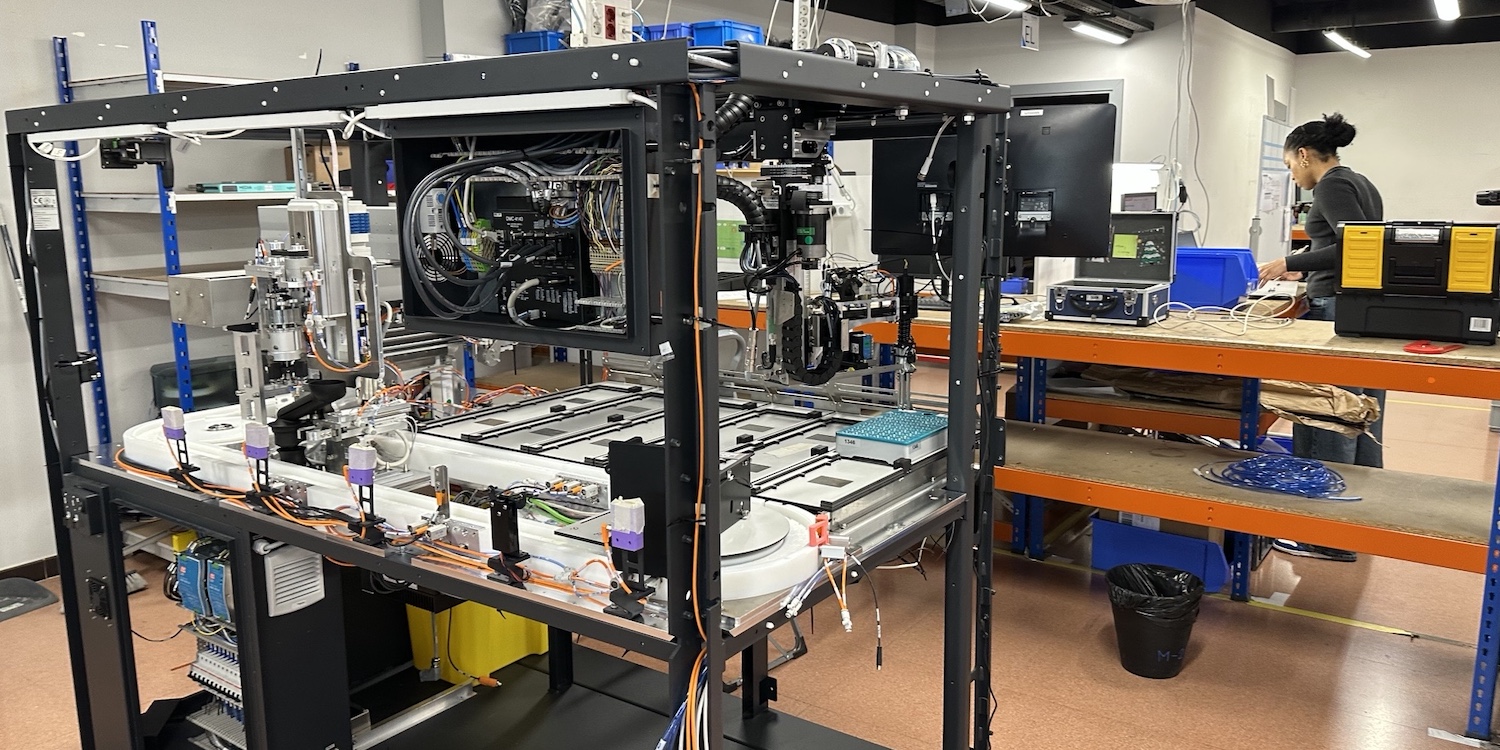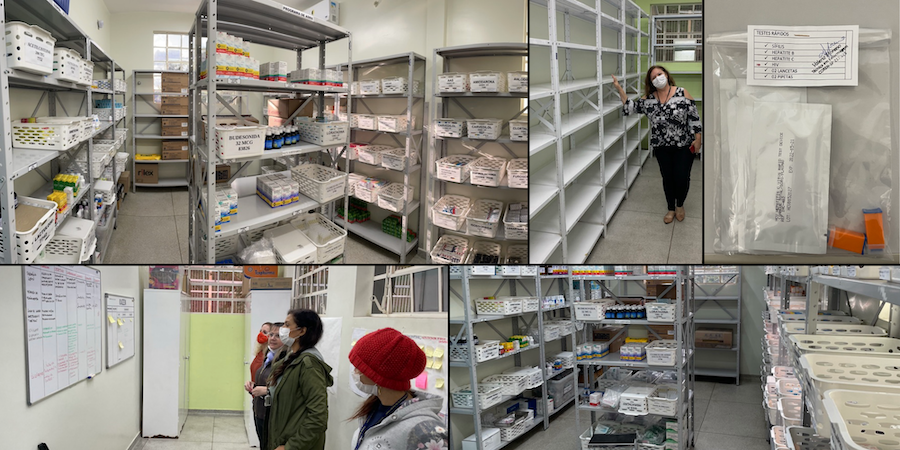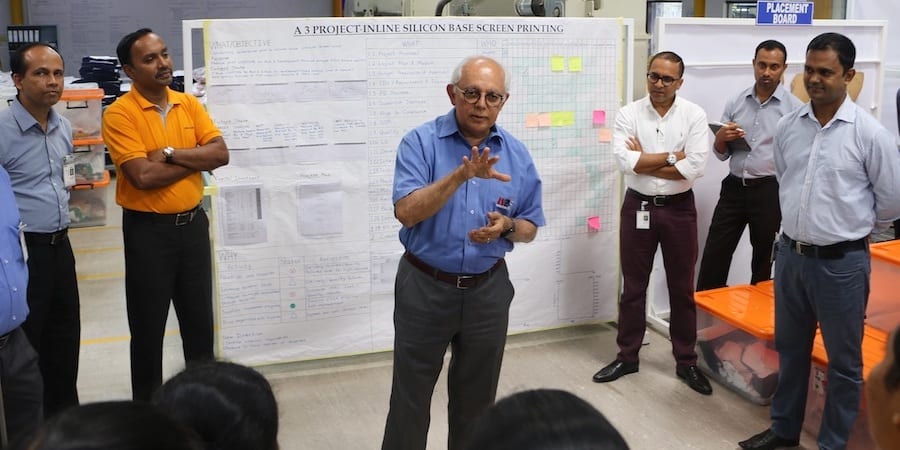
Lean thinking unleashes your power to innovate
OPINION – Our systems to develop new products are slow and inadequate for the ever-changing markets we work in. The author describes the three elements that will unlock the potential of lean innovation.
Words: Boaz Tamir, President, Israel Lean Enterprise
"Lean thinking is about, more than anything else, rethinking, reimagining what work can be" - John Shook
Fifty-one years ago, Gordon Moore, one of the founders of Intel, predicted that the power of the computer would grow exponentially, doubing every two years – which came to be known as Moore's Law.
He was right. A central computer in the 1970s used the same power of the smartphones we use today. Had the auto industry developed at a similar pace over the past 50 years, our cars would now be racing at close to the speed of sound, or, alternatively, we would only need to fill our tank once throughout the entire lifetime of our vehicles.
Unfortunately, while computing has improved very rapidly, the criteria we follow in the development of a product or in a construction project haven't. Just as constant improvements in the quality of candles could never lead to the discovery of electricity, the processes we have in place to gradually increase the pace of development are no longer adequate for the level and pace of technology we currently see around us. Business management has the responsibility to establish processes that allow for the faster development and production of better and value-added products; if it doesn't, our organizations will not be competitive enough and they will take a beating in the marketplace.
Having realized this, many companies from across the world have turned to lean coaches to get support in changing their management perspective. These business leaders understand that, in order to overcome existing limitations and accommodate technology and product development at the rate of Moore's Law (for example, completing a large construction project in a year or two instead of five), they must disrupt familiar patterns of thought and management.
Lean thinking relies on the wisdom of the many rather than individual genius, and it is this collective effort to improve and transform a business that fuels the growth of lean enterprises. To achieve technological breakthroughs, such as using the Cloud to access shared packages of software and Apps (GitHub is an example), we must invest in teamwork and enable our organizations to leap forward, past the boundaries of traditional performance.
But how can we do this? There are three basic principles – representing the fundamental elements of a Lean Product and Process Development (LPPD) system – that open up new horizons for routinely creating innovation:
- A decentralized structure (network-type organization): traditional hierarchy separates the brain of production from its arms. Conversely, flattening the organization (that is, removing managerial levels) and spreading work teams across a net-like structure creates a flexible and agile business. Among the reasons for this is proximity, which shortens the cycles of experimentation, increases learning, and boosts the pace of improvement.
- A fast-learning organization: dictating actions and setting operational goals from the top of the pyramid down to its foundations in a one-directional way direction inevitably breaks any connection between management and the rest of the organization. A feedback loop, which is initiated by front-line teams, allows for the live updating of information and transforms the data received by others in the organizations or by customers into leverage we can use in planning for next steps.
- Knowledge as a public resource: in a lean organization, thinking is shared and travels across hierarchical and function boundaries. It is the users (not the producers) who own the knowledge. The "brain" of the business is decentralized from the head of the pyramid to the work teams, and managers empower and mentor front-line workers, teaching not only how to identify and solve problems but also transform knowledge into a shared resource that anybody can benefit from. In this context, actions result from constant learning and dialogue
The principles of lean thinking are now commonplace in many organizations, in which they serve as a compass management can use to develop innovative technology at previously-unknown levels of speed, quality, safety, and cost.
We at Israel Lean Enterprise (ILE) have been partnering with pioneering lean organizations for years, to leverage LPPD to change the perception of management in Israel. What we have learned is that it is the responsibility of managers, as leaders, to leave their comfort zones, redefine their positions and steer their organizations in the right (lean) direction. For business leaders who have come of age in a traditional environment – as most of us have – this can be a difficult personal journey, but the new and promising business opportunities lean thinking can create will make it all worth the effort.
THE AUTHOR

Read more


CASE STUDY – Lean allowed NGNY to evolve from creative improvisation to structured performance by redesigning operations and standardizing processes – achieving reliable deliveries, built-in quality, and a cultural transformation.


CASE STUDY – From client and supplier to partners-in-lean: how solving a problem together transformed the relationship between a Dutch hospital and the laundry supplying clean garments to it.


FEATURE – In this article, we hear about how the lean successes of one hospital inspired an entire healthcare authority to introduce changes to their processes.


INTERVIEW – Prior to his talk at this year’s Lean Transformation Summit, the CEO of a large apparel manufacturer tells us about the company’s lean journey, and its impact on Sri Lankan society.

